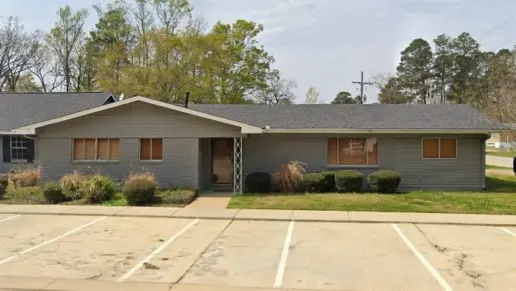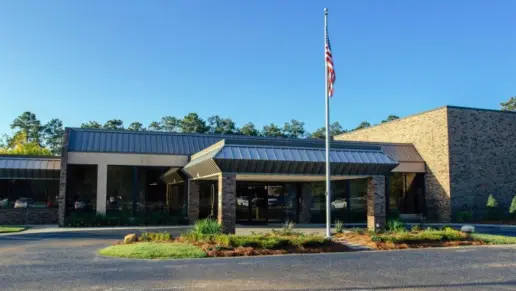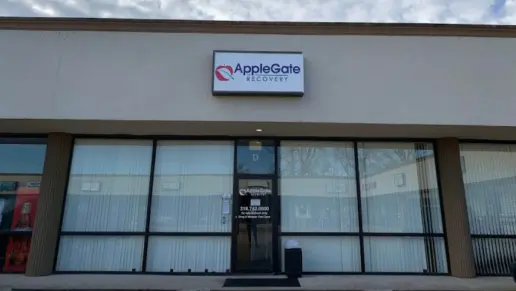The Hope Center taught me how to live a life free from drugs and alcohol. They gave me a new beginning and helped me to find my purpose in life. THANK YOU ALL!!!
About Washington Street Hope Center
Hope Center is an alcohol and drug rehab center for adults. They’re located in Marksville, Louisiana and have a 28 day residential program that uses the 12 Steps of Alcoholics Anonymous. They also have an internationally recognized program they call Recovery Dynamics. You can find pretty much any level of care you need. That could include residential treatment, intensive outpatient care, or rehabilitation.
If you’re looking for a lot of support, structure, and monitoring then their residential program is probably what’s best. It’s especially good if you’re at the beginning of your recovery to protect your safety and success. You can get therapy alone, with your family, or with a group of peers. You can also have mental health support and recovery education. Psychoeducational groups help you build new coping skills and emotional maturity.
When you graduate from the residential program, you can step down to their intensive outpatient care. Or you can just go straight into intensive outpatient care if you don’t need or want to be admitted to residential treatment. You’ll need to be medically and mentally stable if you’re going to succeed in intensive outpatient treatment, though. You’ll probably have outpatient treatment for three sessions per week that last several hours each.
Their rehabilitation groups are ideal if you want to connect in a group setting to discuss your goals and your challenges and work through mental, emotional, and physical issues. Several group therapy modalities are available like process support groups and experiential therapy.
Facility Overview
Latest Reviews
Rehab Score
Gallery
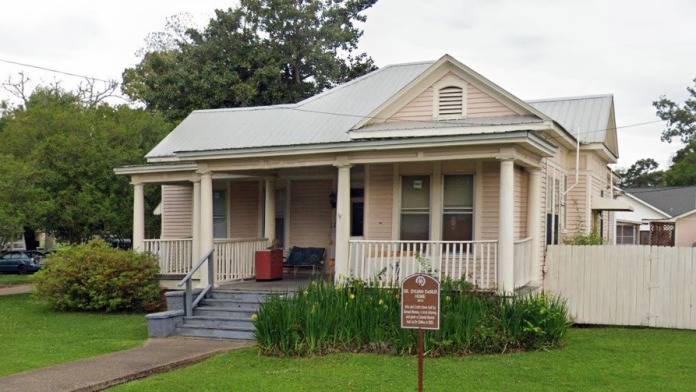
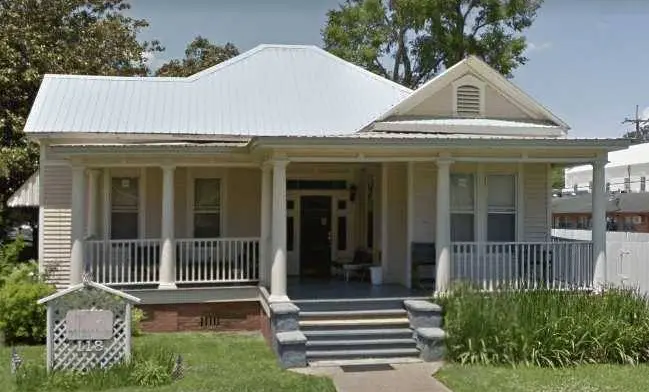
Location
Other Forms of Payment
Private insurance refers to any kind of healthcare coverage that isn't from the state or federal government. This includes individual and family plans offered by an employer or purchased from the Insurance Marketplace. Every plan will have different requirements and out of pocket costs so be sure to get the full details before you start treatment.
Self-pay involves paying for treatment out of your own pocket. You can use savings or credit, get a personal loan, or receive help from family and friends to fund your treatment. If you don't have insurance or your insurance plan doesn't cover a specific program, self-pay can help ensure you still get the care you need.
Medicaid is a state based program that helps lower-income individuals and families pay for healthcare. Medicaid covers addiction treatment so those enrolled can use their coverage to pay for rehab. When a program accepts Medicaid the client often pays very little or nothing out of their own pocket.
Financial aid can take many forms. Centers may have grants or scholarships available to clients who meet eligibility requirements. Programs that receive SAMHSA grants may have financial aid available for those who need treatment as well. Grants and scholarships can help you pai for treatment without having to repay.
Addiction Treatments
Levels of Care
Treatments
The goal of treatment for alcoholism is abstinence. Those with poor social support, poor motivation, or psychiatric disorders tend to relapse within a few years of treatment. For these people, success is measured by longer periods of abstinence, reduced use of alcohol, better health, and improved social functioning. Recovery and Maintenance are usually based on 12 step programs and AA meetings.
While each drug rehab in Louisiana offers unique elements, recovery support often follows a similar pattern. Detox is followed by inpatient and/or outpatient care, then aftercare support is provided once the participant completes the initial program.
Opioid rehabs specialize in supporting those recovering from opioid addiction. They treat those suffering from addiction to illegal opioids like heroin, as well as prescription drugs like oxycodone. These centers typically combine both physical as well as mental and emotional support to help stop addiction. Physical support often includes medical detox and subsequent medical support (including medication), and mental support includes in-depth therapy to address the underlying causes of addiction.
Substance rehabs focus on helping individuals recover from substance abuse, including alcohol and drug addiction (both illegal and prescription drugs). They often include the opportunity to engage in both individual as well as group therapy.
Programs


Clinical Services
If you undergo cognitive behavioral therapy in Louisiana, you may engage in role playing, face your fears, and learn to calm your mind and body. These techniques are designed to help you recognize unhealthy patterns of thinking and to learn healthy ways of coping with challenges.
Group therapy is any therapeutic work that happens in a group (not one-on-one). There are a number of different group therapy modalities, including support groups, experiential therapy, psycho-education, and more. Group therapy involves treatment as well as processing interaction between group members.
In individual therapy, a patient meets one-on-one with a trained psychologist or counselor. Therapy is a pivotal part of effective substance abuse treatment, as it often covers root causes of addiction, including challenges faced by the patient in their social, family, and work/school life.
If you are struggling with motivation to change, motivational interviewing is designed to help. This method typically involves one or two sessions with a therapist. The technique helps you understand your motivations and empowers you to make changes to reach your goals.
Couples therapy focuses on helping the couple develop skills that will improve the relationship. These include communication, conflict resolution, and anger management. Couples also identify dysfunctional behaviors and work to eliminate them.
The purpose of family therapy is to create a supportive and understanding dynamic between family members. Therapists assist families in identifying and changing negative, harmful patterns while improving open and honest communication. This provides a stable foundation for the recovery journey.
Amenities
-
Residential Setting
Staff & Accreditations
Staff
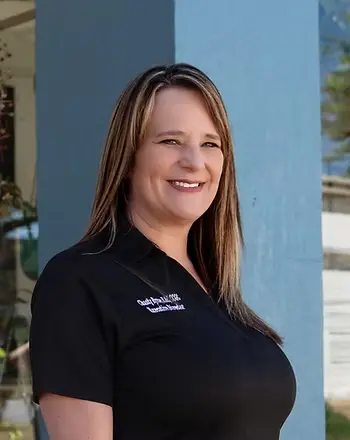
Executive Director
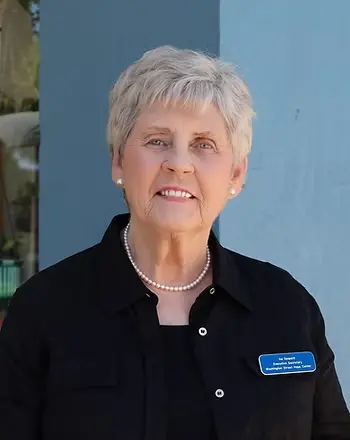
Executive Secretary
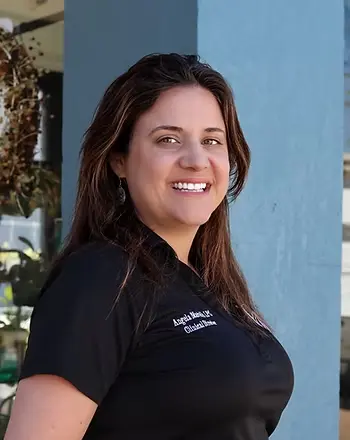
Clinical Director
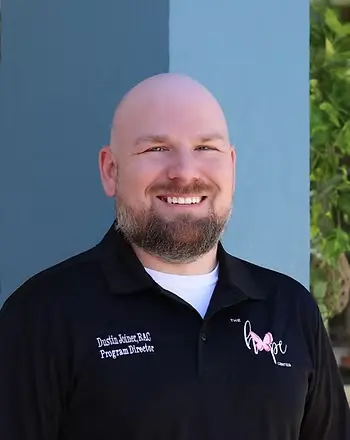
Program Director
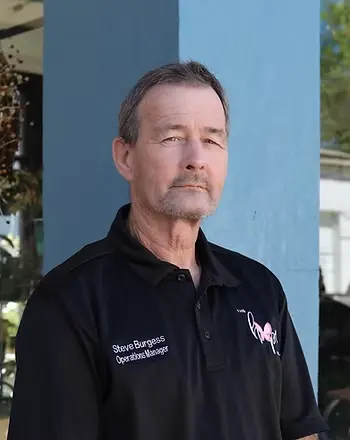
Operations Manager
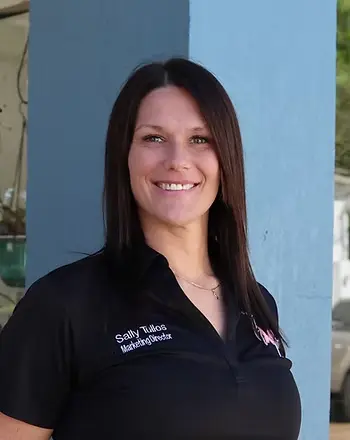
Marketing Director
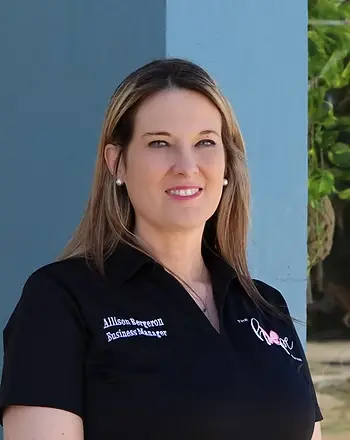
Business Manager
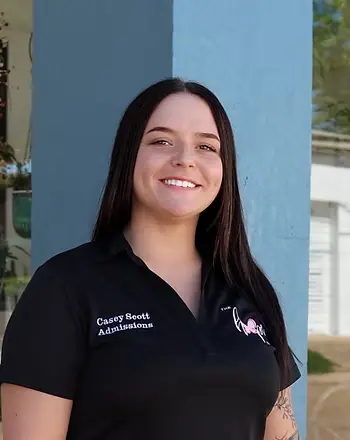
Admissions and Utilizations
Accreditations

The Commission on Accreditation of Rehabilitation Facilities (CARF) is a non-profit organization that specifically accredits rehab organizations. Founded in 1966, CARF's, mission is to help service providers like rehab facilities maintain high standards of care.
CARF Accreditation: Yes
Contact Information
118 South Washington Street
Marksville, LA 71351
